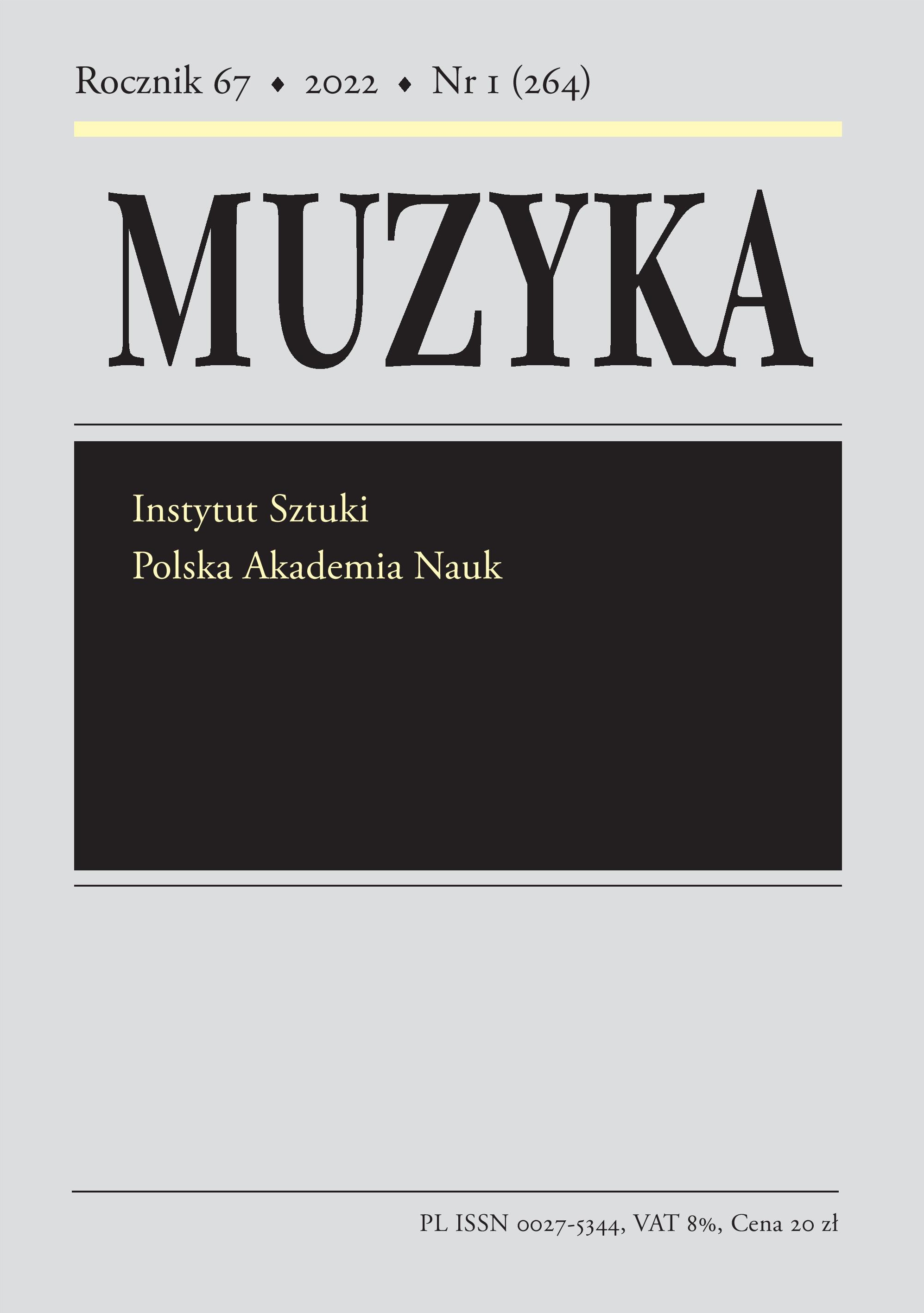„Talenta przyjemne” Izabeli Marii z Lubomirskich Sanguszkowej (1808–1890)
The ‘Pleasing Talents’ of Izabela Maria Sanguszko, née Lubomirska (1808–1890)
Author(s): Irena BieńkowskaSubject(s): Music
Published by: Instytut Sztuki Polskiej Akademii Nauk
Keywords: Izabela Maria Sanguszko, née Lubomirska; Gumniska; Kraków; women’s musical patronage; amateur music-making; opera; piano music; nineteenth-century music
Summary/Abstract: Izabela Maria Sanguszko, née Lubomirska, was a daughter of Henryk Lubomirski (1777–1850) and his wife Teresa, née Czartoryska (1785–1868). Izabela’s father had been brought up by a rich distant relative, Elżbieta Lubomirska, née Czartoryska (1736–1816), one of the leading patronesses of art around the turn of the nineteenth century. He was known for his particular fondness of music, and he passed on his interest in this feld, particularly in opera, to his daughter. Izabela was an excellent singer, who studied in Vienna with Italian masters: the famous baritone Antonio Tamburini (1800–76), and subsequently the composer Stefano Pavesi (1779–1850). She also played the piano. In letters sent to her father, she frequently commented on musical life. From publishers in Vienna, Paris and Milan, she would also purchase selections (transcriptions for voice and piano or for piano four hands) from works she had heard (mainly operas). Some of those purchases have been preserved in the National Ossoliński Institute in Wrocław (from Izabela’s maiden years) and the Municipal Public Library in Tarnów (items belonging to Izabela, her husband and their children, hitherto unknown to scholars). In Przeworsk, where Izabela grew up, she had at her disposal a vast music library comprising nearly 1400 items, which are fully inventoried. Izabela did not give up music-making after getting married. She kept a diary, preserved to this day, containing 32 compositions, many of them not known from other sources. She collected sheet music and ensured her children received a musical education. She also supported the work of composers. The musical-artistic activity created by Izabela in Kraków and Gumniska represents an important aspect of nineteenth-century musical culture in the territories of partitioned Poland.
Journal: Muzyka
- Issue Year: 67/2022
- Issue No: 1
- Page Range: 3-19
- Page Count: 17
- Language: Polish

